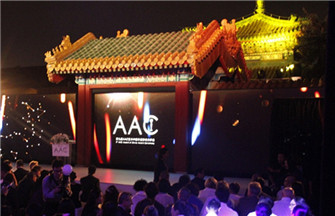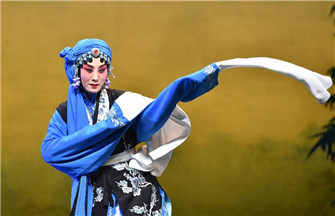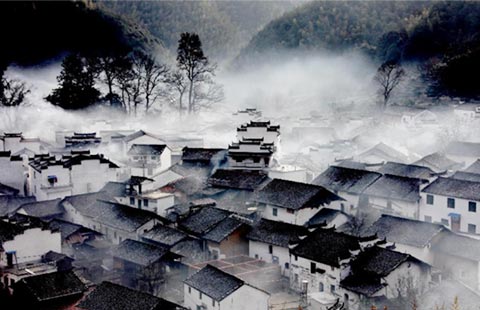From ethnic sounds of Guizhou to audiences in Germany
By Zhang Kun ( China Daily ) Updated: 2015-06-02 07:57:53
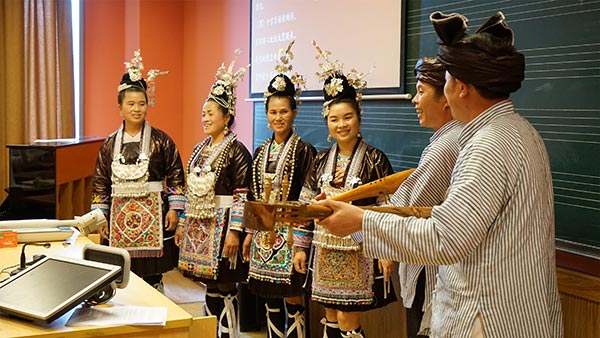 |
|
Members of the choral group Dong Singers, clad in traditional attire, host an interactive session with students of Shanghai Conservatory of Music. Photo provided to China Daily |
Rice is harvested twice a year in the mountainous area, where terraced lands are tended to by people more often than by modern machinery.
"Singing enriches the spiritual life, which for them is as important as survival itself," says Qiao, the professor, who has studied ethnic music traditions in China for more than three decades, documenting folk melodies, lyrics and related cultural heritage.
The way Dong singers use their vocal cords is different from how formally trained singers do, and their harmony is so natural it actually grows organically from their natural surroundings, he adds.
Since the late 1970s, when the reform and opening-up of China started, Dong musicians have been introduced to the outside world. But it was not until 2002, when a group of Dong people performed at a folk music competition on State broadcaster China Central Television that their traditional singing became known all over the country.
In 2009, the Dong musical tradition was listed by UNESCO as an intangible cultural heritage in China. In addition, Chinese cultural authorities have launched a series of programs to protect the heritage.
"Many groups are frequently performing in and outside of China," Qiao says. "The band, Dong Singers, is a good example of the vitality of the tradition, with veterans singing alongside younger people."
|
|
|
|
|
|







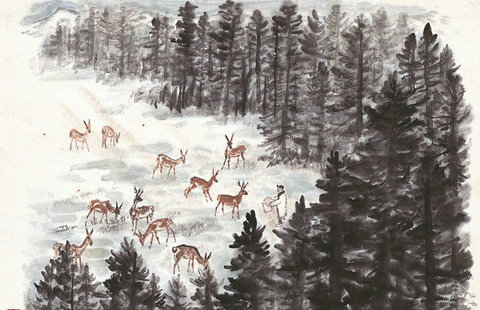















 Raymond Zhou:
Raymond Zhou: Pauline D Loh:
Pauline D Loh: Hot Pot
Hot Pot Eco China
Eco China China Dream
China Dream China Face
China Face


